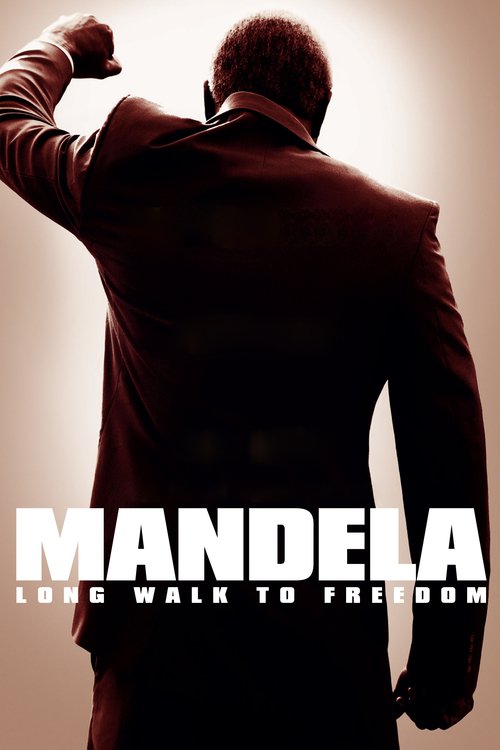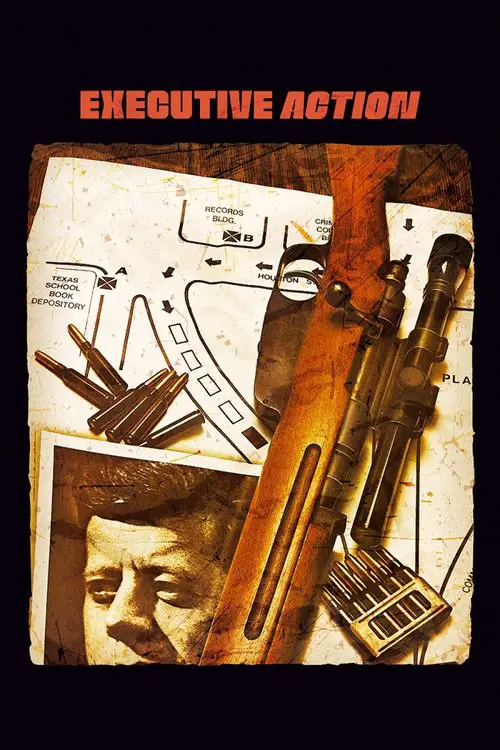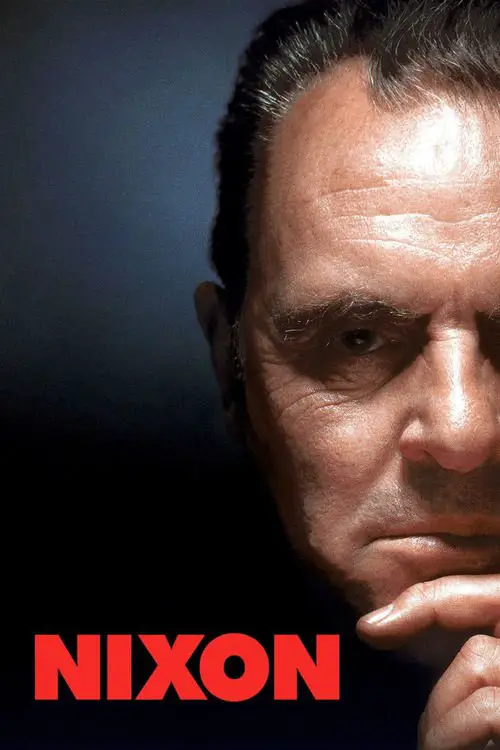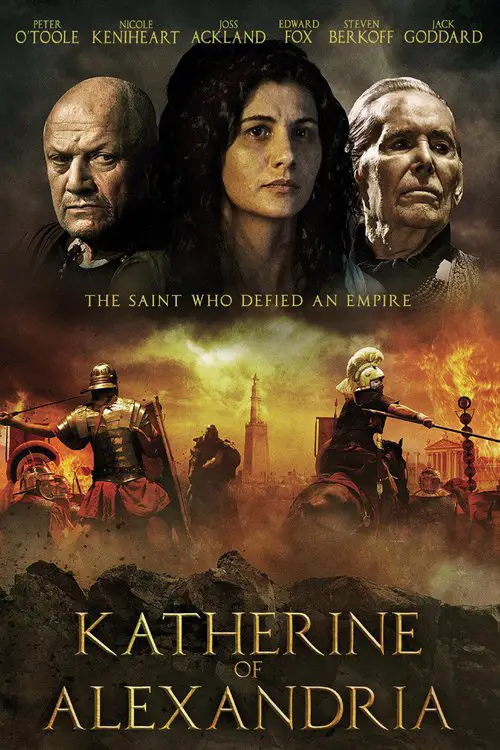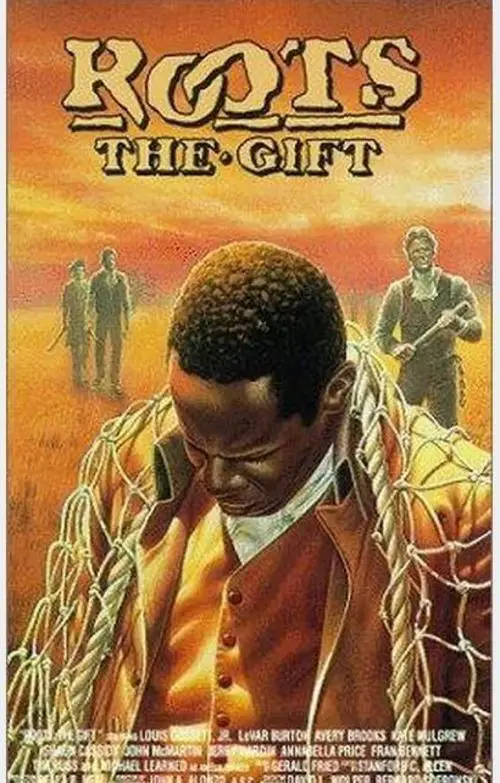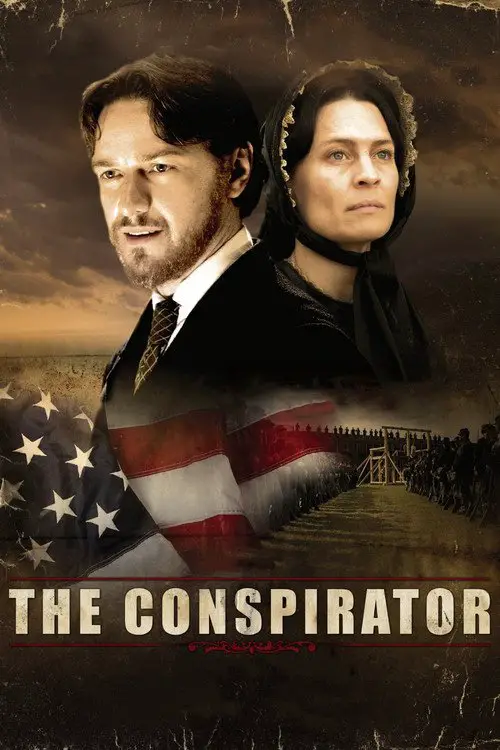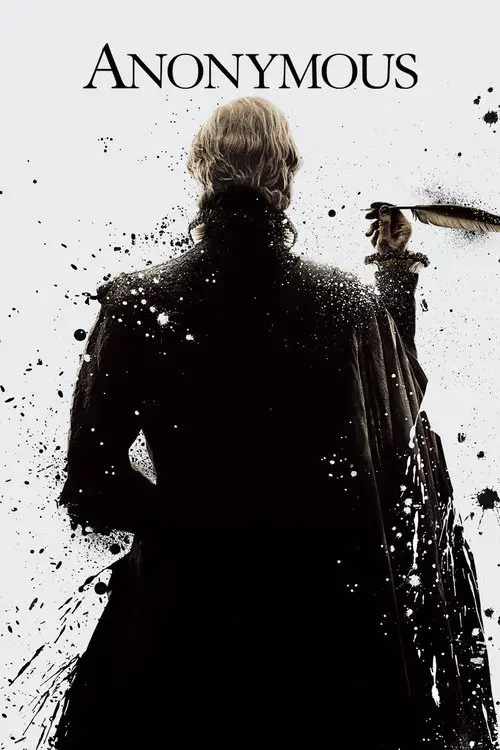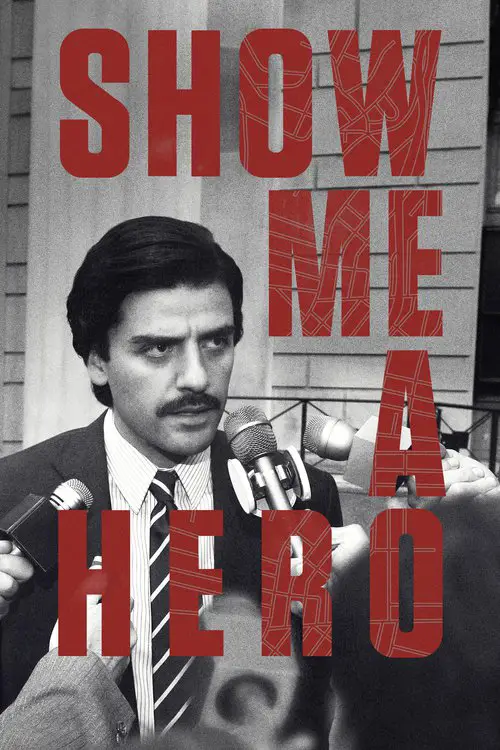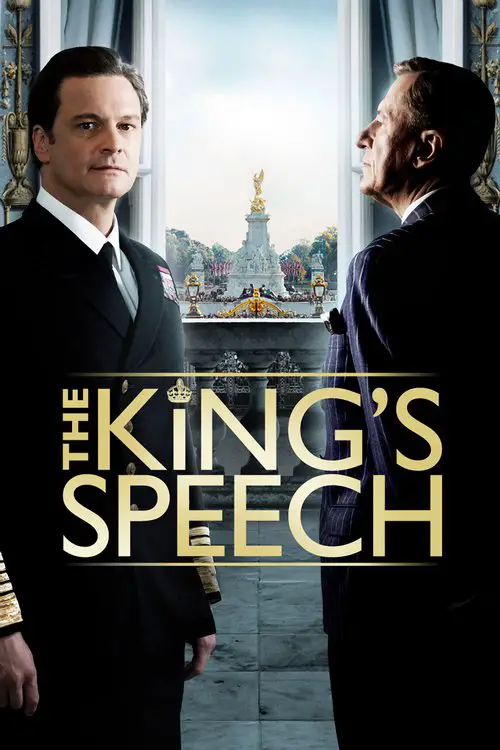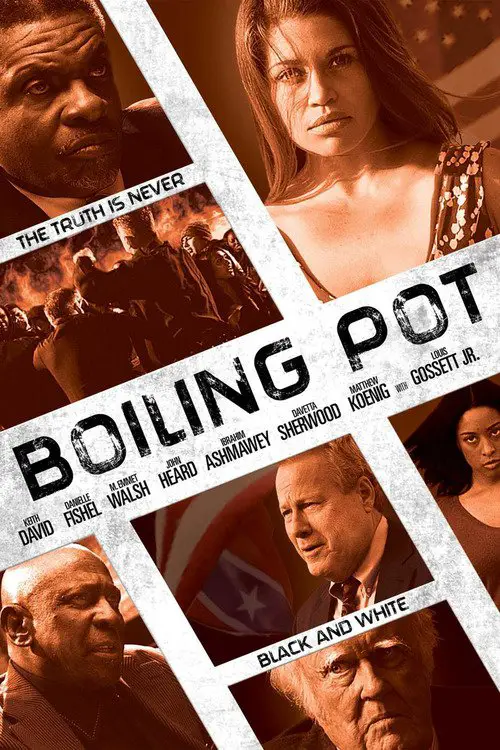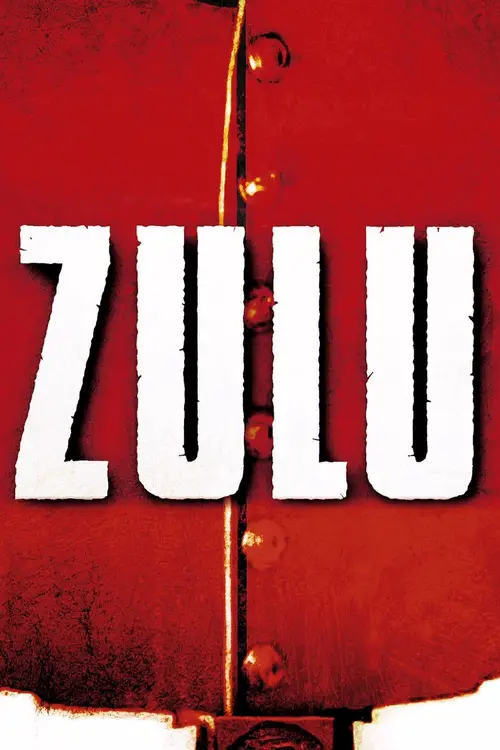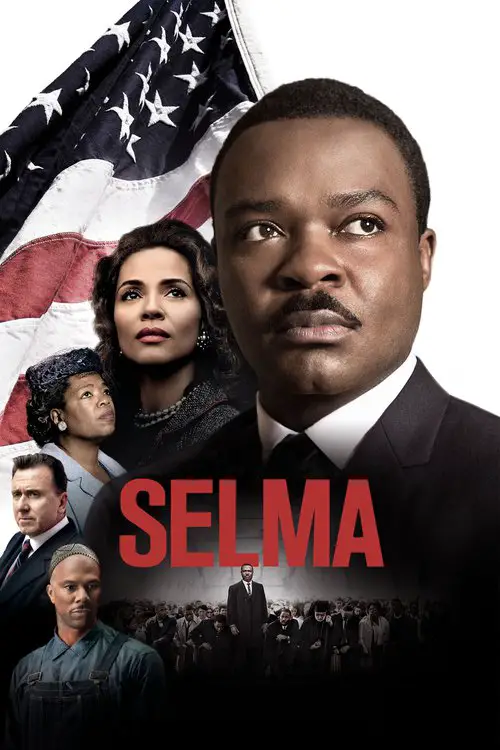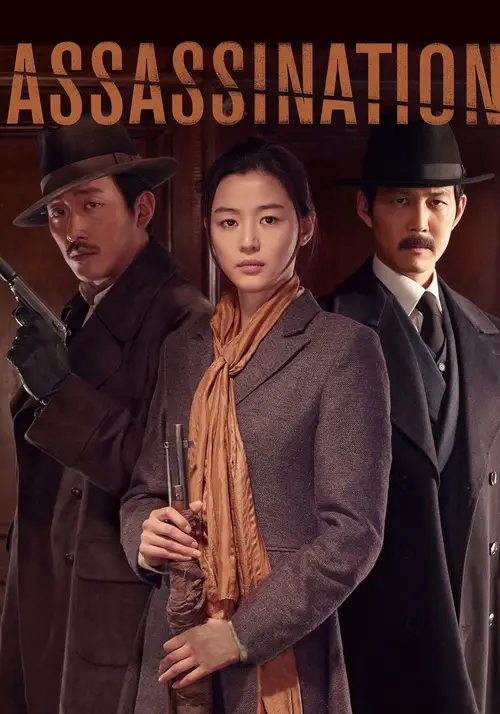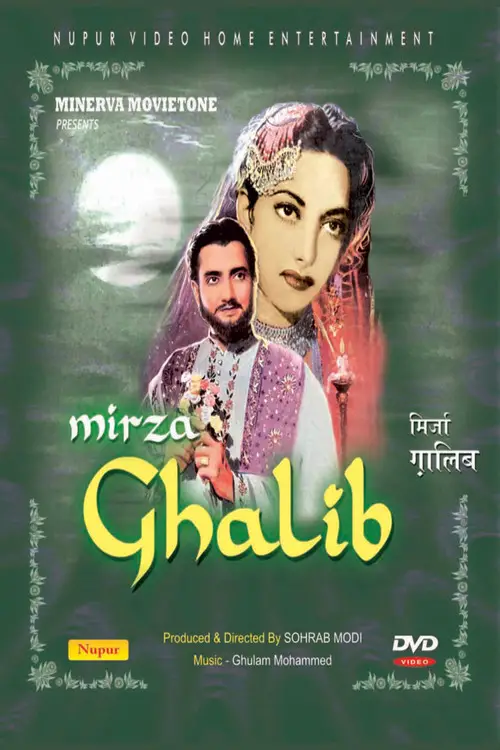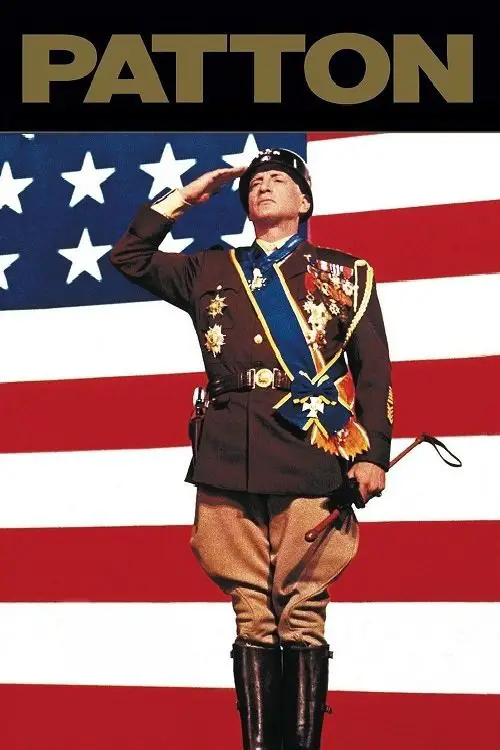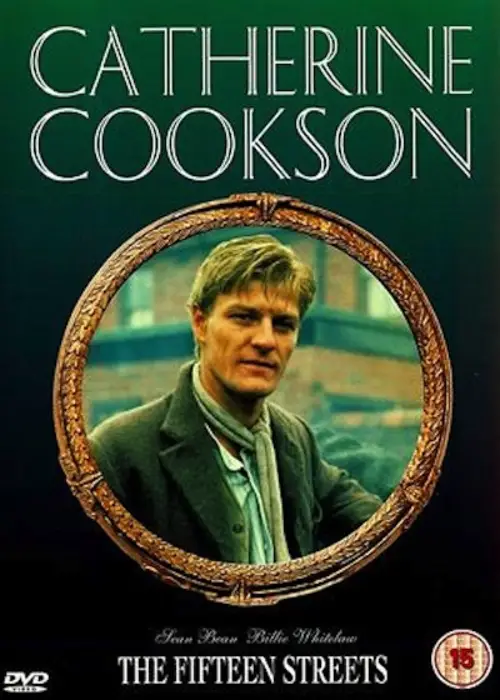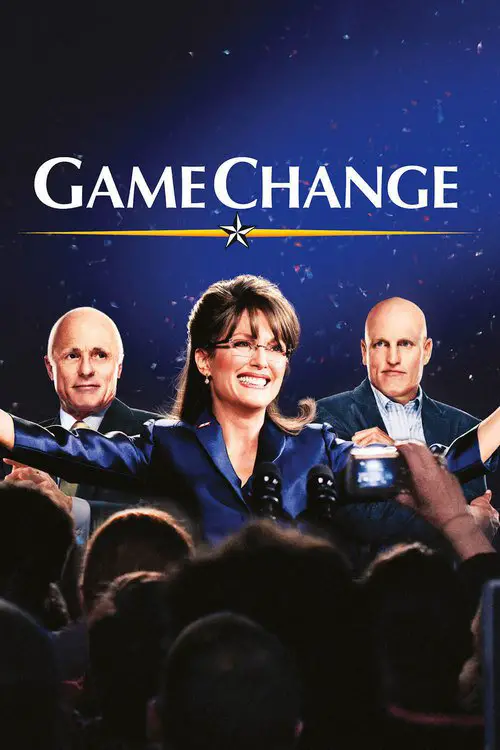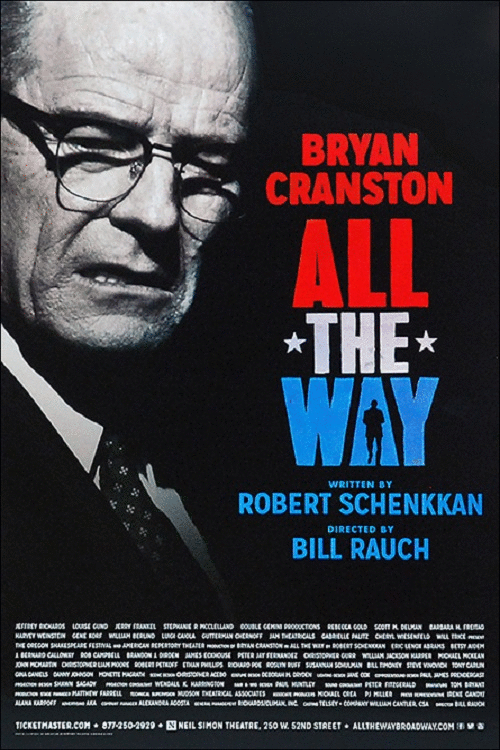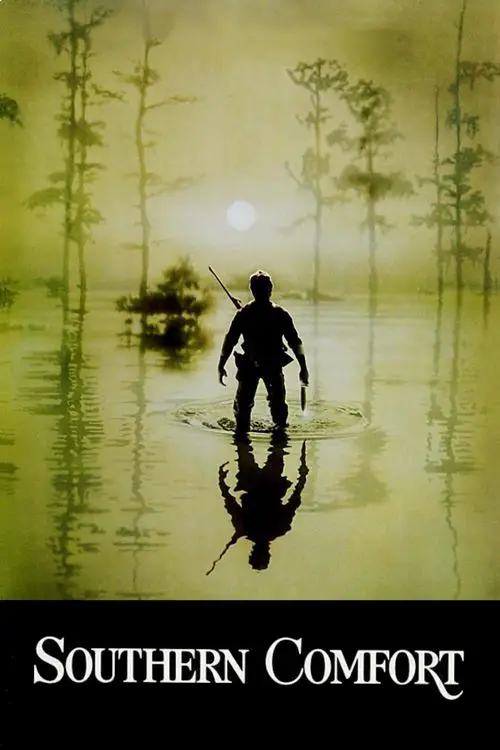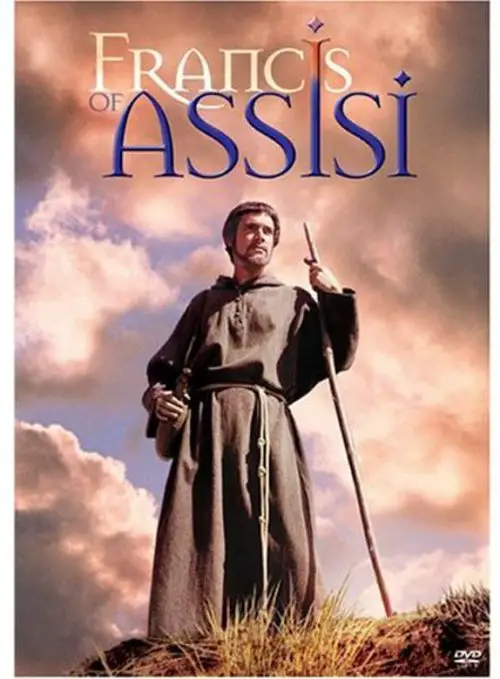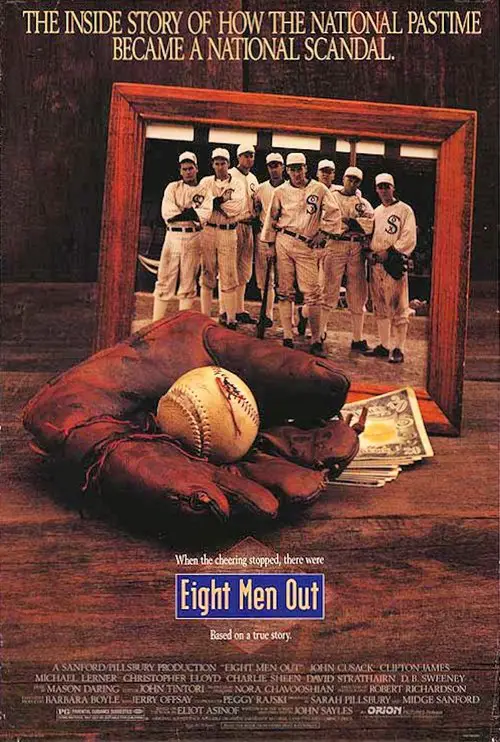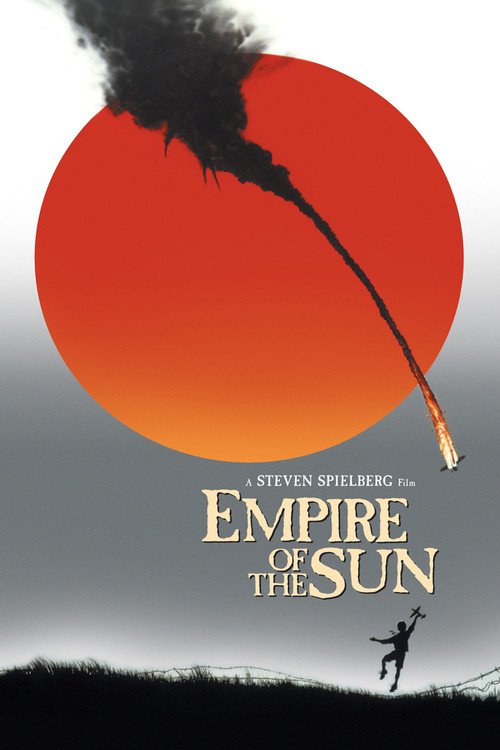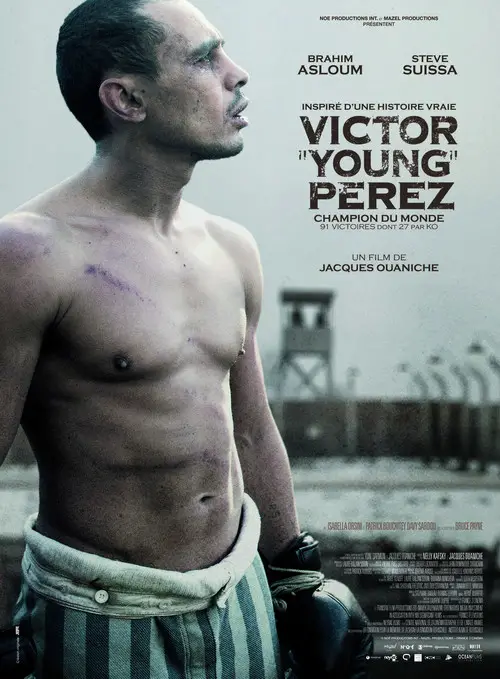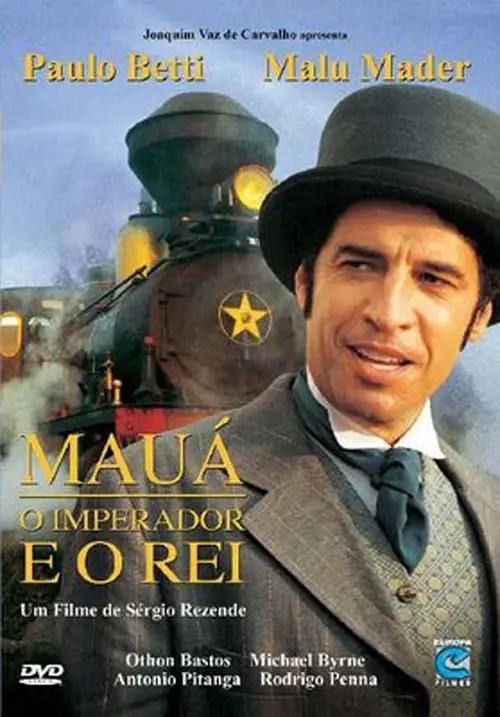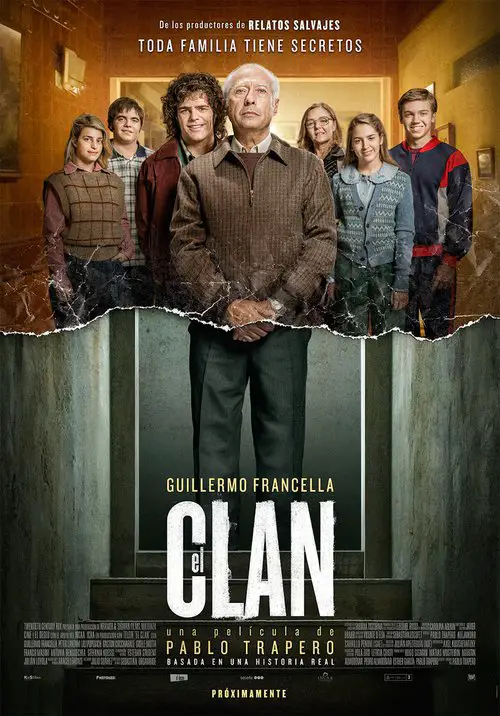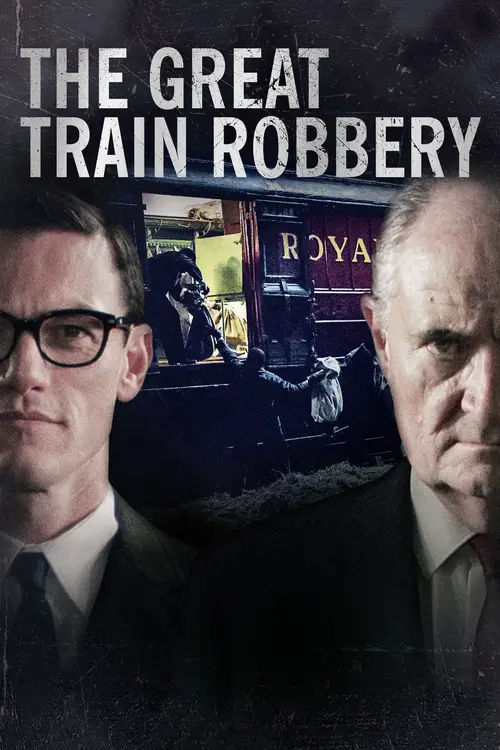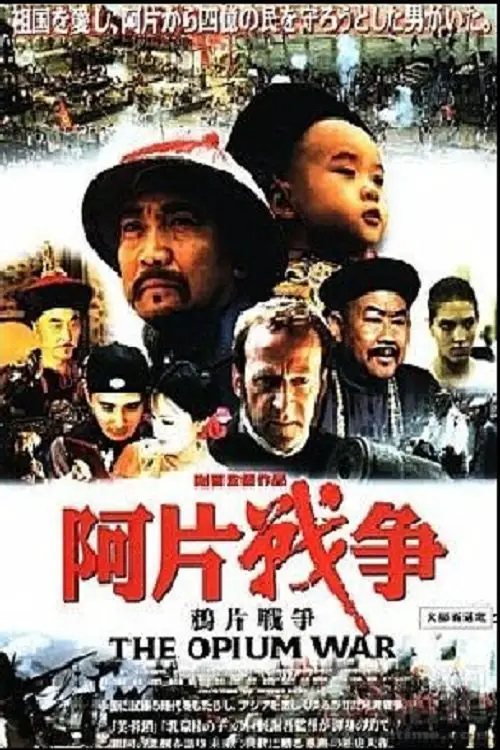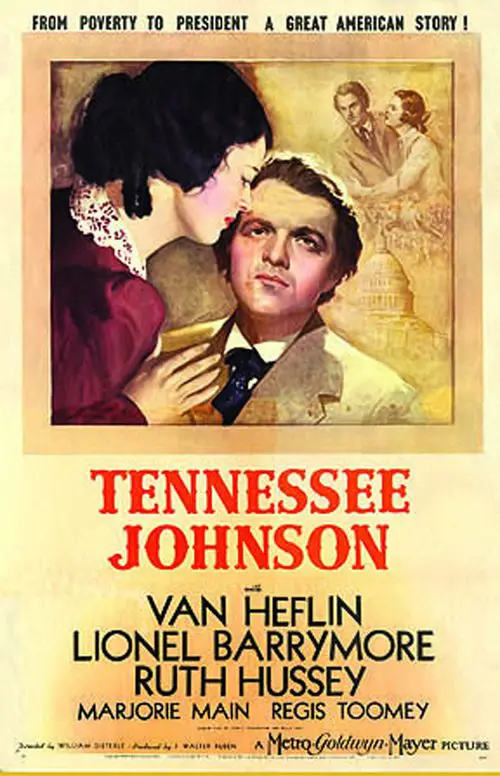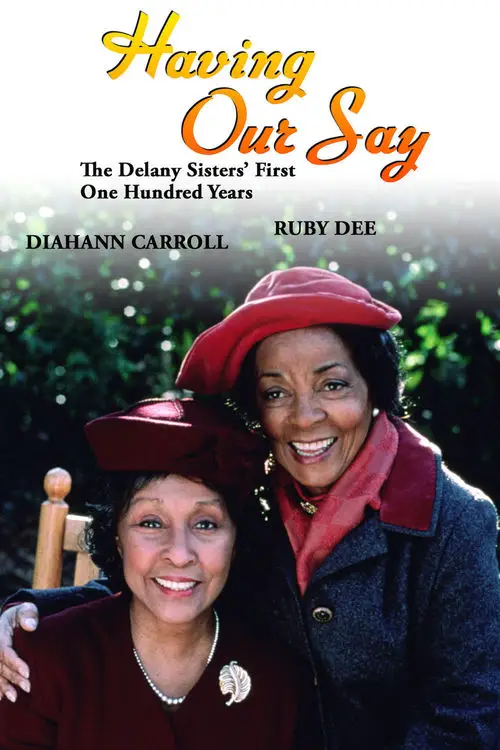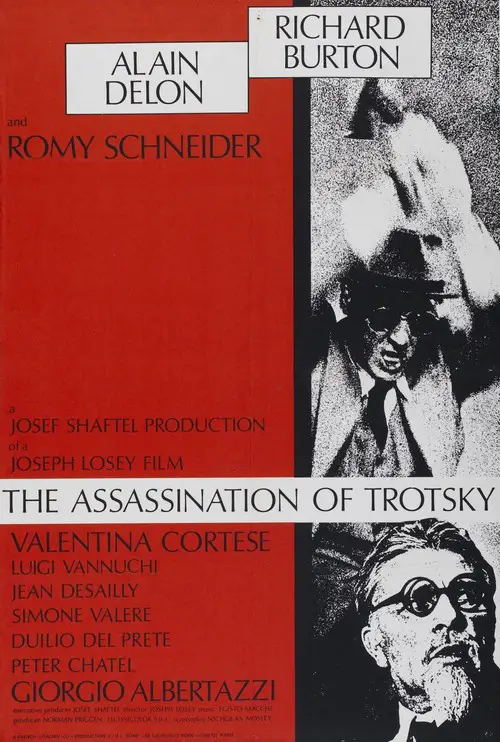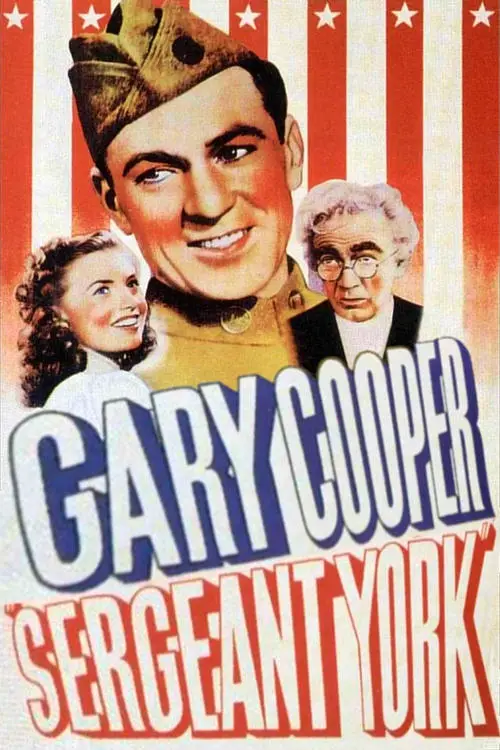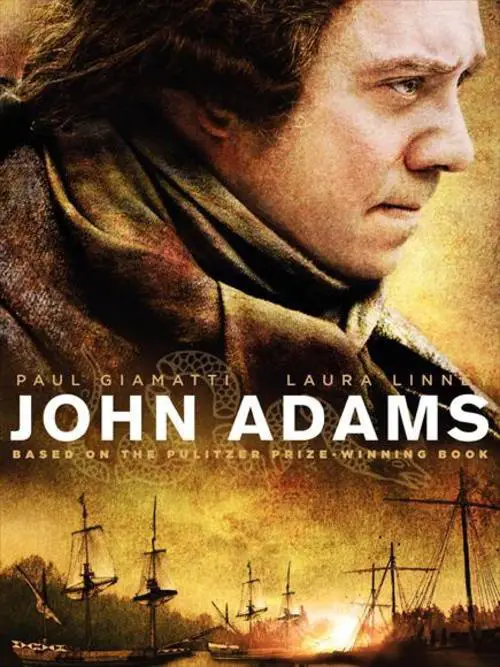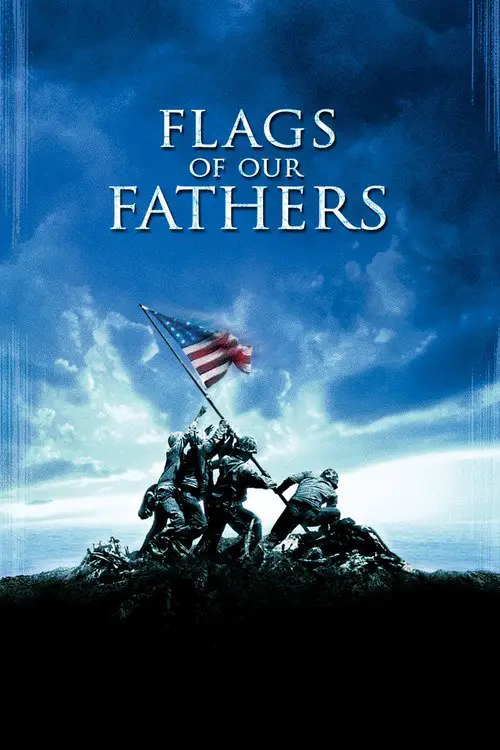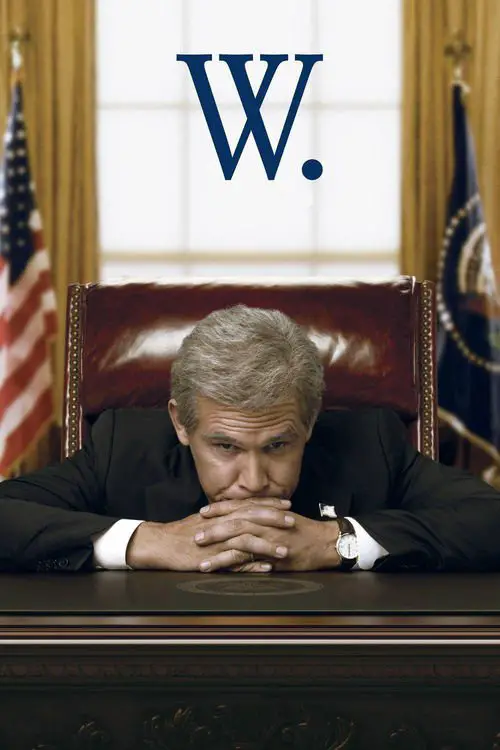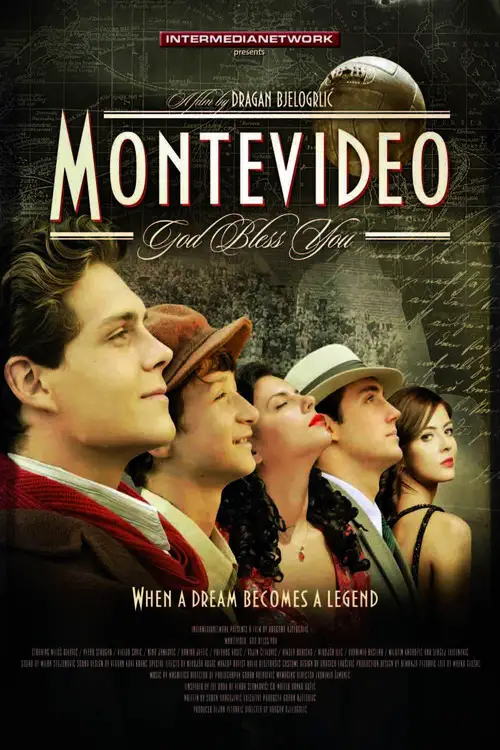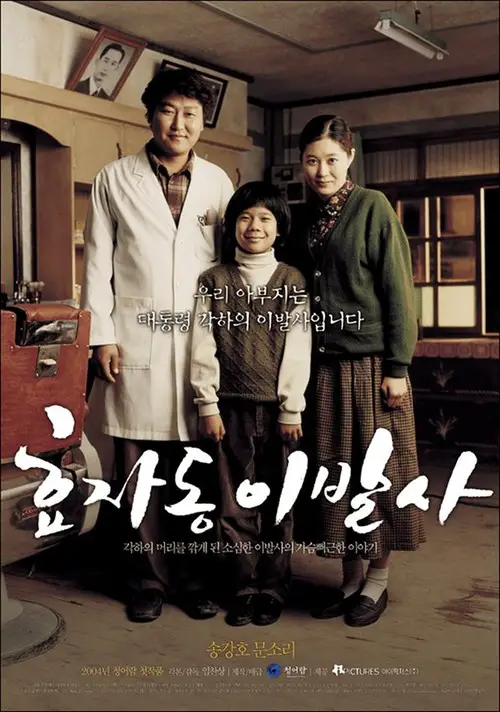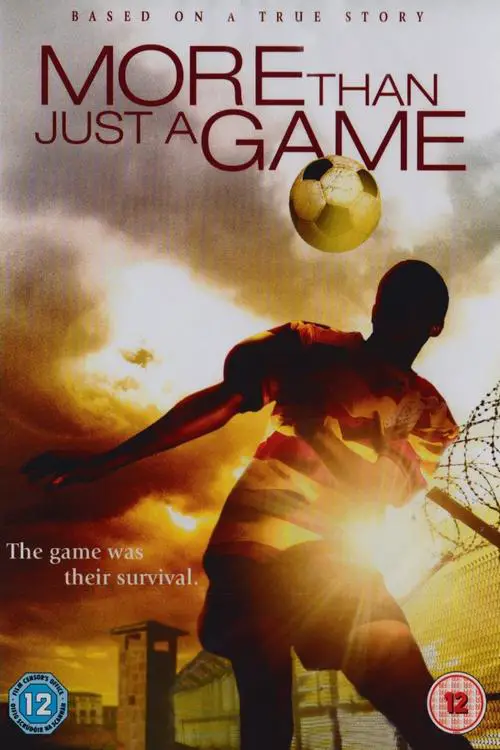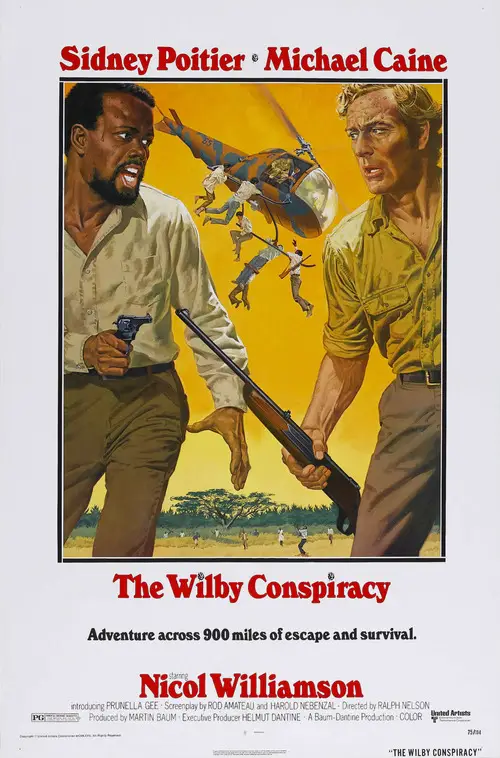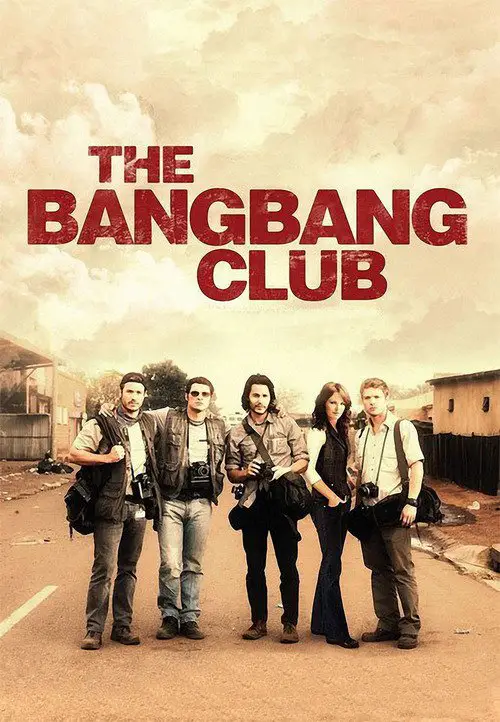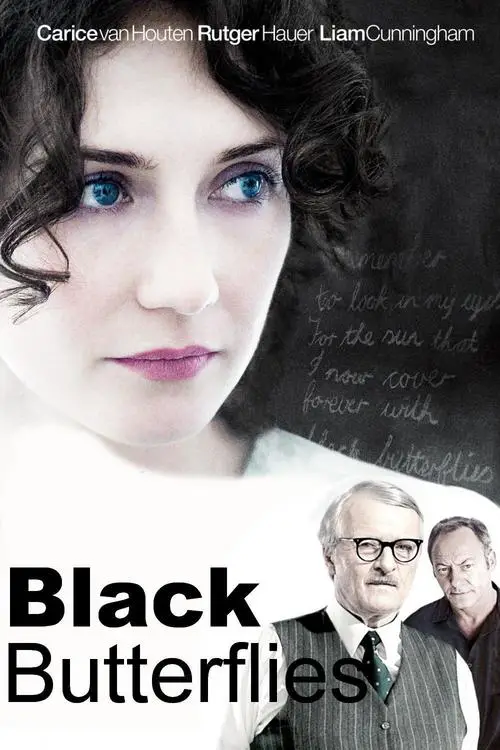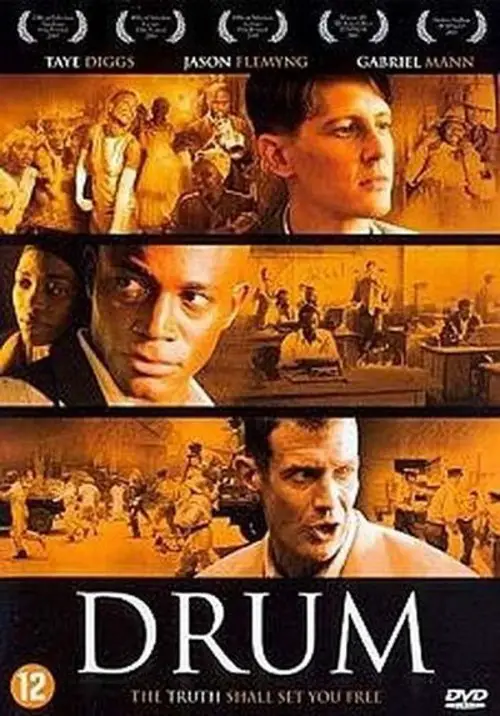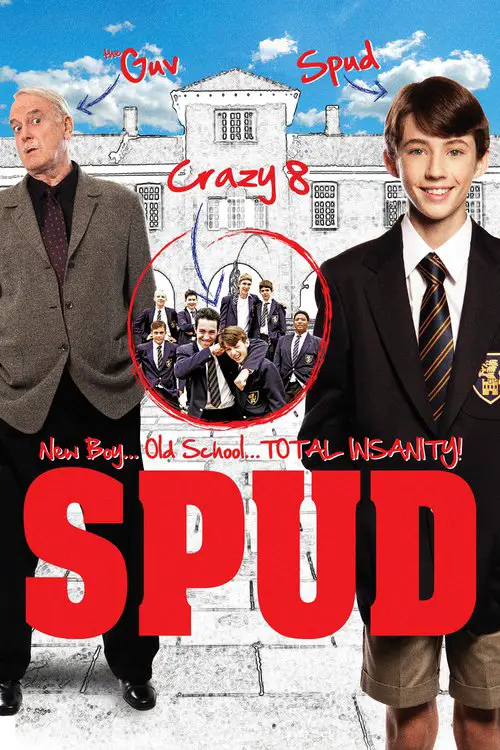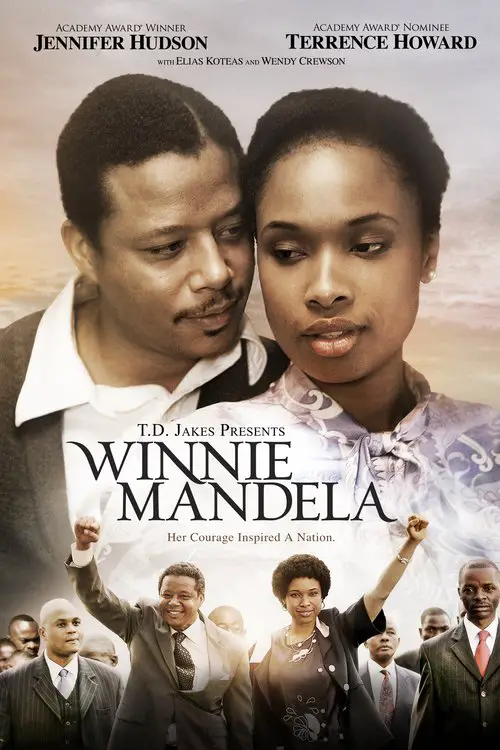Invictus (2009)
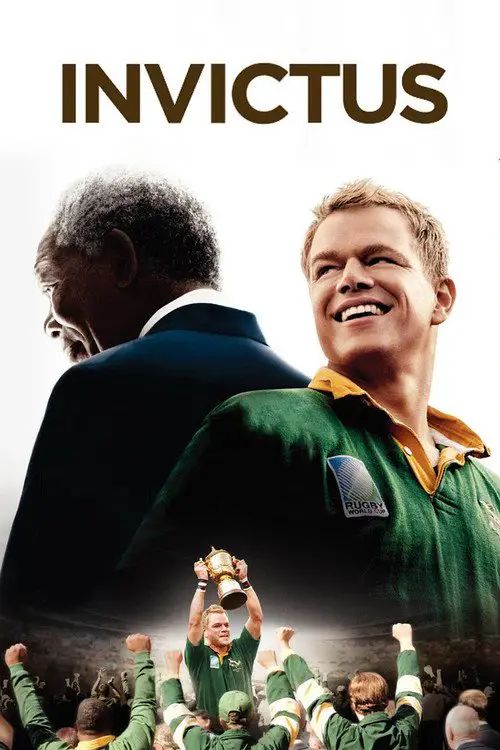
Similar movies
In 1893, Gandhi is thrown off a South African train for being an Indian and traveling in a first class compartment. Gandhi realizes that the laws are biased against Indians and decides to start a non-violent protest campaign for the rights of all Indians in South Africa. After numerous arrests and the unwanted attention of the world, the government finally relents by recognizing rights for Indians, though not for the native blacks of South Africa. After this victory, Gandhi is invited back to India, where he is now considered something of a national hero. He is urged to take up the fight for India's independence from the British Empire. Gandhi agrees, and mounts a non-violent non-cooperation campaign of unprecedented scale, coordinating millions of Indians nationwide. There are some setbacks, such as violence against the protesters and Gandhi's occasional imprisonment. Nevertheless...
In the run-up to the 1972 elections, Washington Post reporter Bob Woodward covers what seems to be a minor break-in at the Democratic Party National headquarters. He is surprised to find top lawyers already on the defense case, and the discovery of names and addresses of Republican fund organizers on the accused further arouses his suspicions. The editor of the Post is prepared to run with the story and assigns Woodward and Carl Bernstein to it. They find the trail leading higher and higher in the Republican Party, and eventually into the White House itself.
In December 1775, Cletus Moyer is a free black Northerner in colonial America, helping slaves escape captivity. In the days just prior to Christmas, a group of bounty hunters captures Moyer.
Because of his capture, dozens of slaves who have already left their plantations are in danger of being captured as well. Moyer implores two slaves from a nearby plantation to take his place: Kunta Kinte, a Mandinka in his mid-twenties who was captured in what is now Gambia, and Fiddler, an elderly man who was born into slavery. Kunta is eager to help (and to escape himself), but Fiddler is unwilling, fearful of the consequences if they are caught.
The King's Speech tells the story of the man who became King George VI, the father of Queen Elizabeth II. After his brother abdicates, George ('Bertie') reluctantly assumes the throne. Plagued by a dreaded stutter and considered unfit to be king, Bertie engages the help of an unorthodox speech therapist named Lionel Logue. Through a set of unexpected techniques, and as a result of an unlikely friendship, Bertie is able to find his voice and boldly lead the country into war.
In 1879, during the Zulu wars, man of the people Lt. John Chard (Stanley Baker) and snooty Lt Gonville Bromhead (Michael Caine) are in charge of defending the isolated Natal outpost of Rorke's Drift from tribal hordes, holding out during an Alamo-like seige until they are overwhelmed, losing the battle, but going down in history as heroes. 150 soldiers defended a supply station against some 4000 Zulus, aided by the Martini-Henry rifle 'with some guts behind it. "At Rorke's Drift, eleven Victoria Crosses were awarded. Seven to the 2nd Battalion, 24th (2nd Warwickshire) Regiment of Foot, one to the Army Medical Department, one to the Royal Engineers, one to the Commissariat and Transport Department and one to the Natal Native Contingent.
"Patton" tells the tale of General George S. Patton, famous tank commander of World War II. The film begins with patton's career in North Africa and progresses through the invasion of Germany and the fall of the Third Reich. Side plots also speak of Patton's numerous faults such his temper and habit towards insubordination.
At the heart of this true story is Damien Oliver, a young jockey who loses his only brother in a tragic racing accident, hauntingly reflecting of the way their father died 27 years earlier. After suffering through a series of discouraging defeats, Damien teams with Irish trainer Dermot Weld, and triumphs at the 2002 Melbourne Cup in one of the most thrilling finales in sporting history.
In northern England around 1900, the worker John O'Brien lives near poverty in a small house in the worker's district. He falls in love with Mary, the teacher of his highly intelligent younger sister Kathy and daughter of a rich family. Their love is doomed by the social difference, but the vigorous Mary refuses to allow outer circumstances destroying their love.
Inspired by true events, Eddie the Eagle is a feel-good story about Michael "Eddie" Edwards (Taron Egerton), an unlikely but courageous British ski-jumper who never stopped believing in himself - even as an entire nation was counting him out. With the help of a rebellious and charismatic coach (played by Hugh Jackman), Eddie takes on the establishment and wins the hearts of sports fans around the world by making an improbable and historic showing at the 1988 Calgary Winter Olympics.
Based on the book by John Heilemann and Mark Halperin, Game Change focuses on the Republican run of the 2008 Presidential election, when candidate John McCain picks a relative unknown, Alaskan governor Sarah Palin, to be his running mate. As the campaign kicks into high gear, her lack of experience, in both political and media savvy, becomes a drain upon McCain and his strategists. Directed by Jay Roach, who previously directed the HBO film Recount and the Austin Powers movies, Game Change premiered on HBO on March 10th, 2012.
In 1879, the British suffer a great loss at the Battle of Isandlwana due to incompetent leadership. Cy Endfield co-wrote the epic prequel Zulu Dawn 15 years after his enormously popular Zulu. Set in 1879, this film depicts the catastrophic Battle of Isandhlwana, which remains the worst defeat of the British army by natives, with the British contingent outnumbered 16-to-1 by the Zulu tribesmen. The film's opinion of events is made immediately clear in its title sequence: ebullient African village life presided over by King Cetshwayo is contrasted with aristocratic artifice under the arrogant eye of General Lord Chelmsford (Peter O'Toole). Chelmsford is at the heart of all that goes wrong, initiating the catastrophic battle with an ultimatum made seemingly for the sake of giving his troops something to do. His detached  manner leads to one mistake after another.
The great Chicago White Sox team of 1919 is the saddest team to ever win a pennent. The team is bitter at their penny pincher owner, Charles Comiskey, and at their own teammates. Gamblers take advantage of this opportunity to offer some players $ to throw the series (Most of the players didn't get as much as promised.) But Buck Weaver and the great Shoeless Joe Jackson turn back at the last minute to try and play their best. The Sox actually almost come back from a 3-1 deficit. 2 years later, the truth breaks out and the Sox are sued on multiple accounts. They are found innocent by the jury but baseball commissioner Landis has other plans. The eight players are suspended for life, and Buck Weaver, for the rest of his life, tries to clear his name.
Victor Perez was a Jewish boxer who became world flyweight champion in 1931 and 1932, but was transported to Auschwitz concentration camp when Paris fell to the Nazi s in 1943. While there he was forced into slave labour and made to participate in violent boxing matches for the amusement of the Nazi guards. Surviving Auschwitz tells Victors astonishing, harrowing, brutal and incredibly moving true story.
A movie about a Brazilian entrepreneur who rivalled American's richest man at his time, well-known Rockfeller. Irineu Evangelista de Souza in 1867 had $155.000 contos de reis, meanwhile the Brazilian Governement annual budget was 97.000 contos de reis. The movie shows his life from poverty to riches and back to poverty again, as is common in Brazil, rich people die poor.
During the Boer War, three Australian lieutenants are on trial for shooting Boer prisoners. Though they acted under orders, they are being used as scapegoats by the General Staff, who hopes to distance themselves from the irregular practices of the war. The trial does not progress as smoothly as expected by the General Staff, as the defence puts up a strong fight in the courtroom.
The tumultuous presidency of 17th-president Andrew Johnson is chronicled in this biopic. The story begins with Johnson's boyhood and covers his early life. During the Civil War, Johnson stays a staunch Unionist and upon Lincoln's reelection in 1864, becomes his Vice President. After Lincoln's assassination, Johnson becomes the President and became the first U.S. president ever to be impeached.
Tells the story of Sadie and Bessie Delany, two African-American (they preferred "colored") sisters who both lived past the age of 100. They grew up on a North Carolina college campus, the daughters of the first African-American Episcopal bishop, who was born a slave, and a woman with an inter-racial background. With the support of each other and their family, they survived encounters with racism and sexism in their own different ways. Sadie quietly and sweetly broke barriers to become the first African-American home-ec teacher in New York City, while Bessie, with her own brand of outspokenness, became the second African-American dentist in New York City. At the ages of 103 and 101, they told their story to Amy Hill Hearth, a white New York Times reporter who published an article about them. The overwhelming response launched a bestselling book, a Broadway play, and this film.
There were five Marines and one Navy Corpsman photographed raising the U.S. flag on Mt. Suribachi by Joe Rosenthal on February 23, 1945. "Flags of Our Fathers" is the story of three of the six surviving servicemen, John "Doc" Bradley (Ryan Phillippe), Pvt. Rene Gagnon (Jesse Bradford), and Pvt. Ira Hayes (Adam Beach), who fought in the battle to take Iwo Jima. "Flags of Our Fathers" is the American viewpoint of Eastwood's diptych on the battle of Iwo Jima, the other being "Letters From Iwo Jima", which tells the same story from the Japanse point of view.
Whether you love him or hate him, there is no question that George W. Bush is one of the most controversial public figures in recent memory. W takes viewers through Bushâs eventful life -- his struggles and triumphs, how he found both his wife and his faith, and of course the critical days leading up to Bushâs decision to invade Iraq.
A well-meaning but politically naive barber gets pulled into the inner circle of the South Korean dictator Park Chung-Hee, with rather baleful consequences for his hapless family. This sharp political satire covers roughly twenty years in South Korean political history, from the viewpoint of the barber's son.
Having spent 10 years in prison for nationalist activities, Shack Twala is finally ordered released by the South African Supreme Court but he finds himself almost immediately on the run after a run-in with the police. Assisted by his lawyer Rina Van Niekirk and visiting British engineer Jim Keogh, he heads for Capetown where he hopes to recover a stash of diamonds, meant to finance revolutionary activities, that he had entrusted to a dentist before his incarceration. Along the way, they are followed by Major Horn of the South African State security bureau and it becomes apparent that he has no intention of arresting them until they reach their final destination
In the early to mid '90s, when the South African system of apartheid was in its death throes, four photographers - Greg Marinovich, Kevin Carter, Ken Oosterbroek and João Silva - bonded by their friendship and a sense of purpose, worked together to chronicle the violence and upheaval leading up to the 1994 election of Nelson Mandela as president. Their work is risky and dangerous, potentially fatally so, as they thrust themselves into the middle of chaotic clashes between forces backed by the government (including Inkatha Zulu warriors) and those in support of Mandela's African National Congress.
She searched for a home, she searched for love. Confronted by Apartheid and a father who was Minister of censorship. With men like Jack Cope and Andre Brink she found much love, but no home. In his first speech to the South African Parliament Nelson Mandela read her poem "The Dead Child of Nyanga" and addresses her as one of the finest poets of South Africa.
The time is the late '80s, a crucial period in the history of South Africa. President P.W. Botha is hanging on to power by a thread as the African National Congress (ANC) takes up arms against apartheid and the country tumbles toward insurrection. A British mining concern is convinced that their interests would be better served in a stable South Africa and they quietly dispatch Michael Young, their head of public affairs, to open an unofficial dialogue between the bitter rivals. Assembling a reluctant yet brilliant team to pave the way to reconciliation by confronting obstacles that initially seem insurmountable, Young places his trust in ANC leader Thabo Mbeki and Afrikaner philosophy professor Willie Esterhuyse. It is their empathy that will ultimately serve as the catalyst for change by proving more powerful than the terrorist bombs that threaten to disrupt the peaceful dialogue.
It's South Africa 1990. Two major events are about to happen: The release of Nelson Mandela and, more importantly, it's Spud Milton's first year at an elite boys only private boarding school. John Milton is a boy from an ordinary background who wins a scholarship to a private school in Kwazulu-Natal, South Africa. Surrounded by boys with nicknames like Gecko, Rambo, Rain Man and Mad Dog, Spud has his hands full trying to adapt to his new home. Along the way Spud takes his first tentative steps along the path to manhood. (The path it seems could be a rather long road). Spud is an only child. He is cursed with parents from well beyond the lunatic fringe and a senile granny. His dad is a fervent anti-communist who is paranoid that the family domestic worker is running a shebeen from her room at the back of the family home. His mom is a free spirit and a teenager's worst nightmare, whether it's shopping for Spud's underwear in the local supermarket
© Valossa 2015–2026
| Privacy Policy
